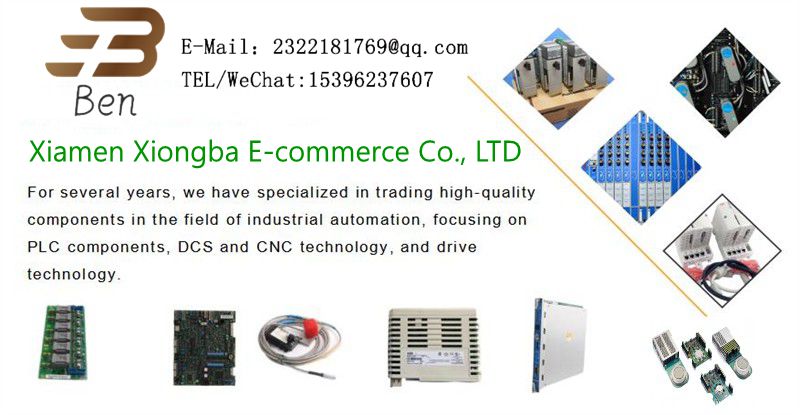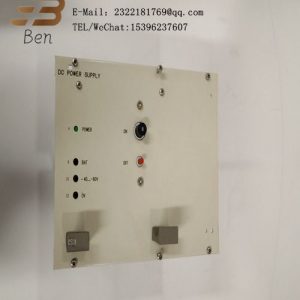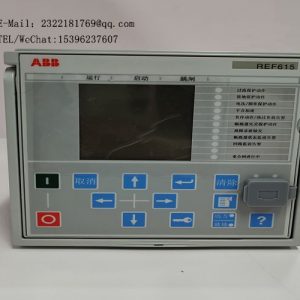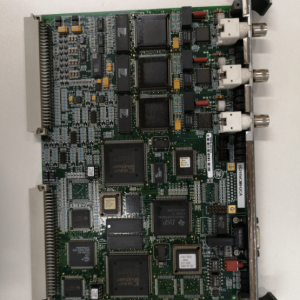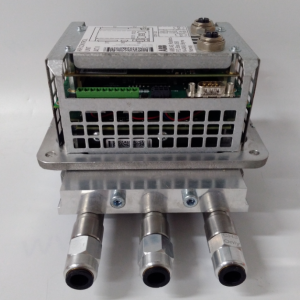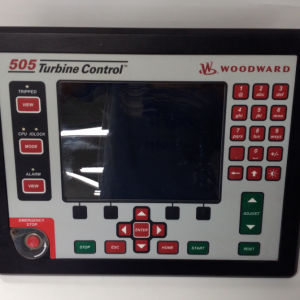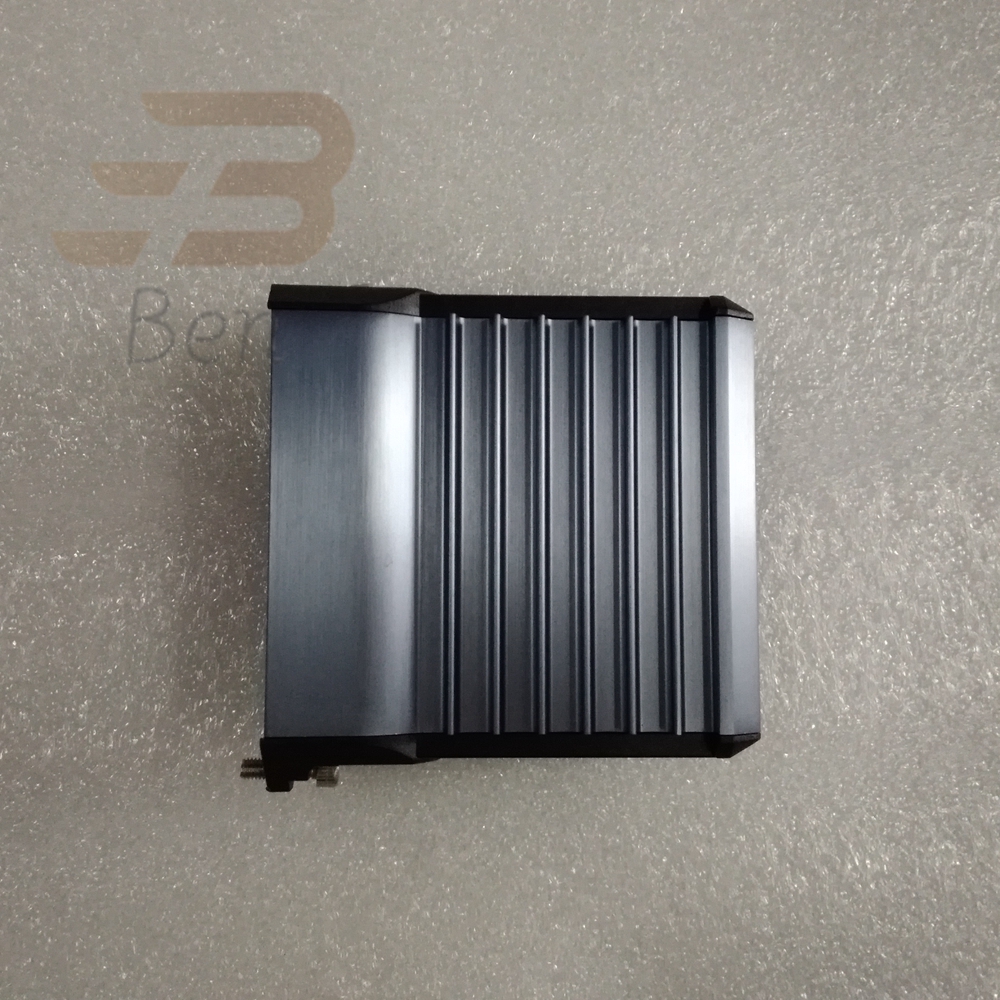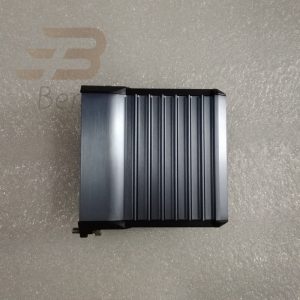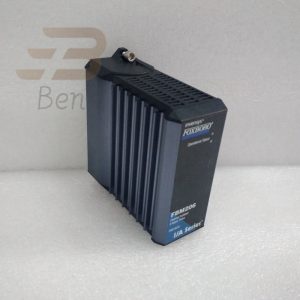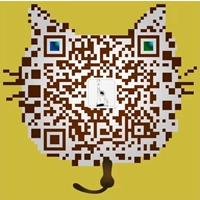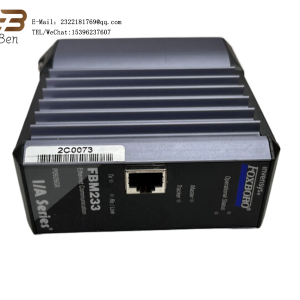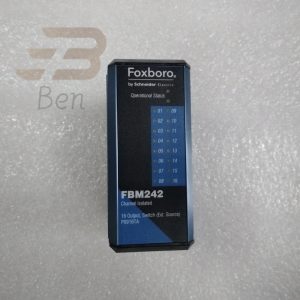Communication modules
Technically speaking, the communication module is mainly used to achieve data transfer between the microcontroller and external devices, for example: the communication process requires the connection of an external data acquisition module or a sensor, then this time the data can be transferred through the interface between the external device and the communication module, so that the communication process is achieved. So technically speaking, the principle of communication is such a concept. In terms of application, there are two types of communication: point-to-point serial communication and non-point-to-point serial communication. The more common communication methods on the market today are: GPRS, GSM, 3G and 4G. With the development of technology, future communication will move towards higher speed, higher reliability and more intelligent automation, so the development of 5G technology is the trend. But in the 5G era, there will be a revolutionary change in data. For example: the transmission rate will reach 10 Gbps or even 100 Gbps; there will be delays and jitter in the data transmission process; the data transmission, that is, the delay and jitter cannot exceed 100 ms; the transmission distance will not exceed 10 km. In this series of circumstances it is necessary to use communication modules to complete the communication function. A good communication module should have the following functions.

1. Highly reliable system design
Firstly, the communication module should be able to support multiple connection methods (e.g. point-to-point, wired and wireless). Secondly, it should have a good resistance to interference. Finally, it should be able to adapt to harsh environments. Therefore, the selection of communication modules must be tested in a targeted manner. For example: load tests, reliability tests, system failures, etc. on the system, and backup processing or real-time update processing of data.
2、Perfect protocol stack
General communication modules are developed according to the protocols provided by the manufacturer, so that they cannot meet the evolving needs of the communication field. So a good communication module should be able to support more types of protocols, such as: serial data transmission protocols: TCP/IP, UDP, etc. Wireless data transmission protocols: GSM, GPRS, 3G, etc.
3、Rich interface types
For example: the microcontroller can be connected to the serial port of external devices, the communication module can also be connected to the serial port of external devices, and the communication module can also be connected to the I/O interface of external devices, which provides a lot of convenience for users. In addition, the diversity and compatibility of interface types should be taken into account. For example, the interface of a microcontroller can correspond to the interface type of the communication module, while it can also be used on other devices. This also means that the communication module can be both a general-purpose microcontroller, programmable chip, etc.; it can also be a general-purpose peripheral board; it can also be a general-purpose sensor, etc.
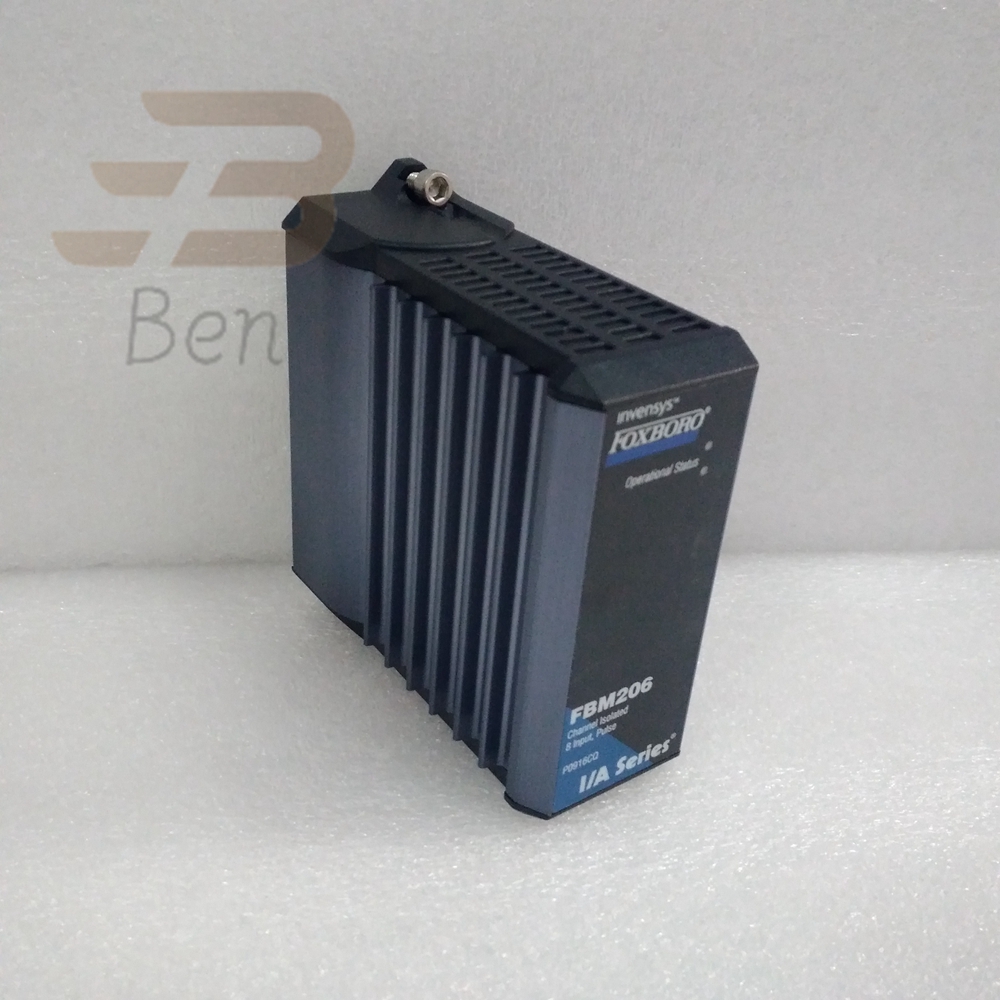
| 操作员键盘 P0904AK P0903CW |
| 交换机(24) P0973BJ P0973EY K0173ZU |
| 冗余供电P0973BP |
| 冗余供电P0973BN |
| 交换机(16口)P0973BK |
| P0973EY |
| K0173ZU |
| 冗余供电P0973BN |
| 控制器(FCP)P0917YZ FCP270 P0926MX |
| 控制器(ZCP)P0926CP ZCP270 P0926DF P0926MX |
| 通讯接口 P0926GV FBM231 |
| P0926GU FBM230 |
| P0926GG FBM224 |
| P0926GH |
| FCS现场总线卡 |
| 冗余FF现场总线卡 P0922QS FBM228 |
4、Flexible usage
Because the communication module has so many functions, it needs to meet the needs of many different industries, for example: wireless communication, wireless data transmission, etc. In the process of use, the following issues must be considered: ● The connection mode of the communication module should be flexible, it can be two-wire, single-wire or even three-wire, ● The connection interface should be rich and diversified.
5、Support for secondary development
When the communication module requires secondary development, it is generally necessary to upgrade the firmware of the communication module, or add some new functions to the communication. If the module does not support secondary development, then it will not be possible to achieve these functions and application development. So a good communication module must have good support for secondary development capabilities.
